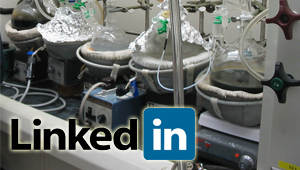I’m a third year postdoc with no first author papers, although we’ll be submitting a manuscript in the next year. My husband was just offered a position in another city and now I’m faced with the decision to move and change labs or try to stay and deal with the distance. How bad does a three year postdoc with no papers look on a CV? Any advice?
– Katelyn – Postdoc











